A Policy Guide
Malaria Elimination for All
Malaria Elimination for All
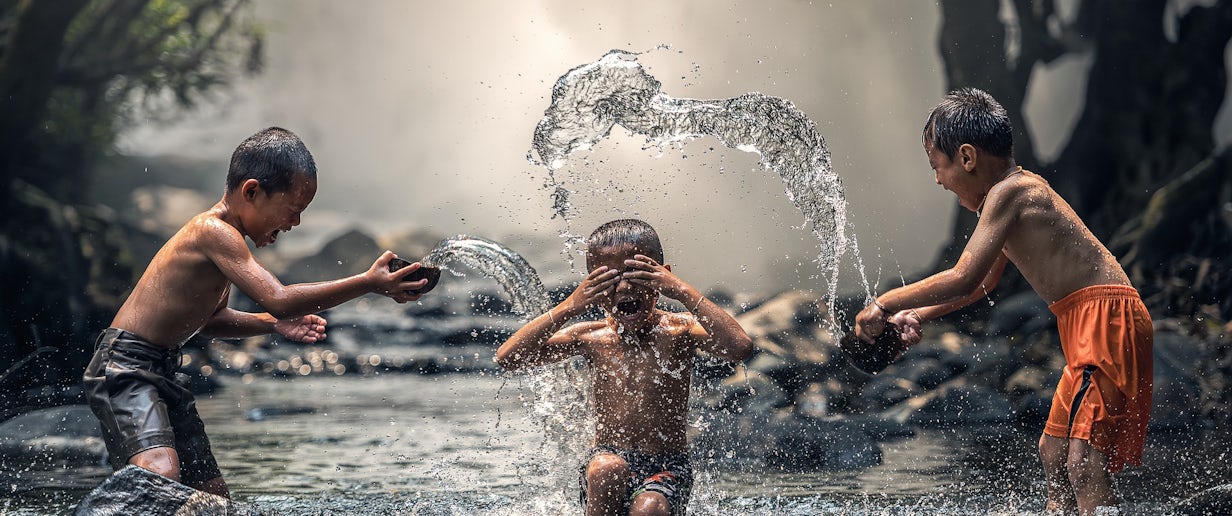
To achieve elimination and strengthen health systems as a result, it is essential to consider how we can advance Universal Health Coverage (UHC) and include malaria testing and treatment within UHC schemes across countries and communities. Improving malaria outcomes also means tackling broader challenges such as nutrition, climate change or gender and inclusion.
This policy guide highlights intersections between malaria and these wider policy challenges across sectors that could impede or reverse elimination efforts.
Malaria Overview
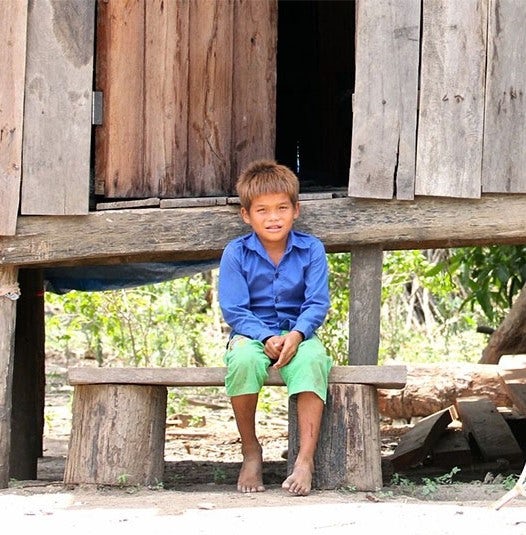
Malaria in Asia Pacific
Achieving malaria elimination in Asia Pacific by 2030
Read more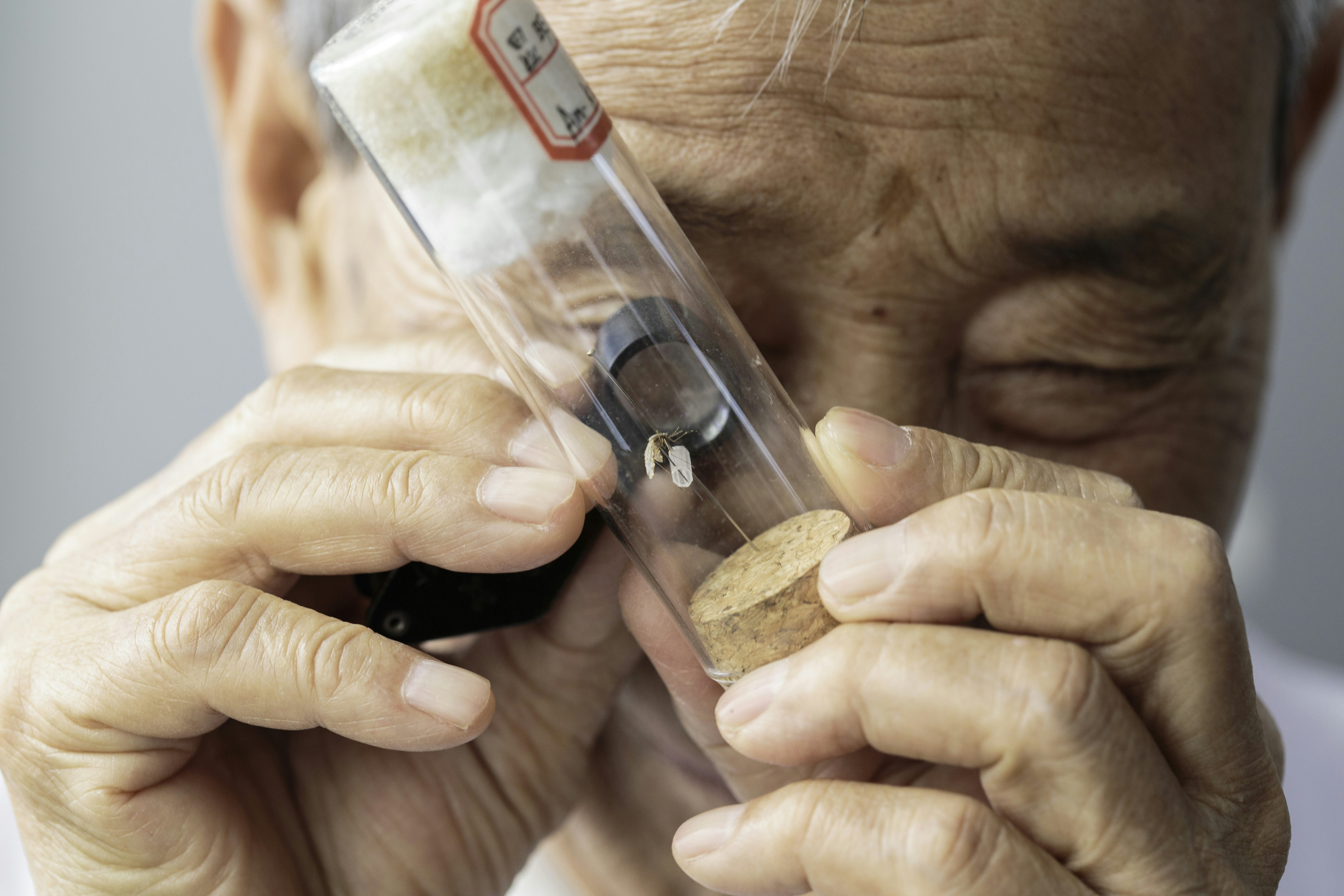
Policy Recommendations Checklist
Check your malaria elimination progress
Read moreMalaria and Cross-Sectional Policy
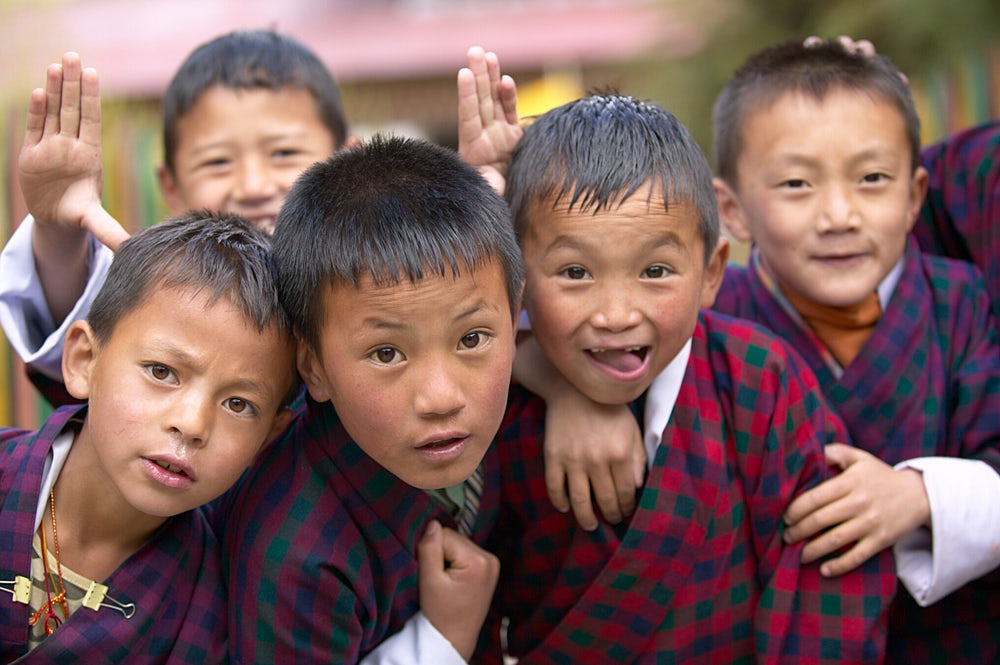
Malaria and Universal Health Coverage
Access to health services and malaria elimination are linked
Read more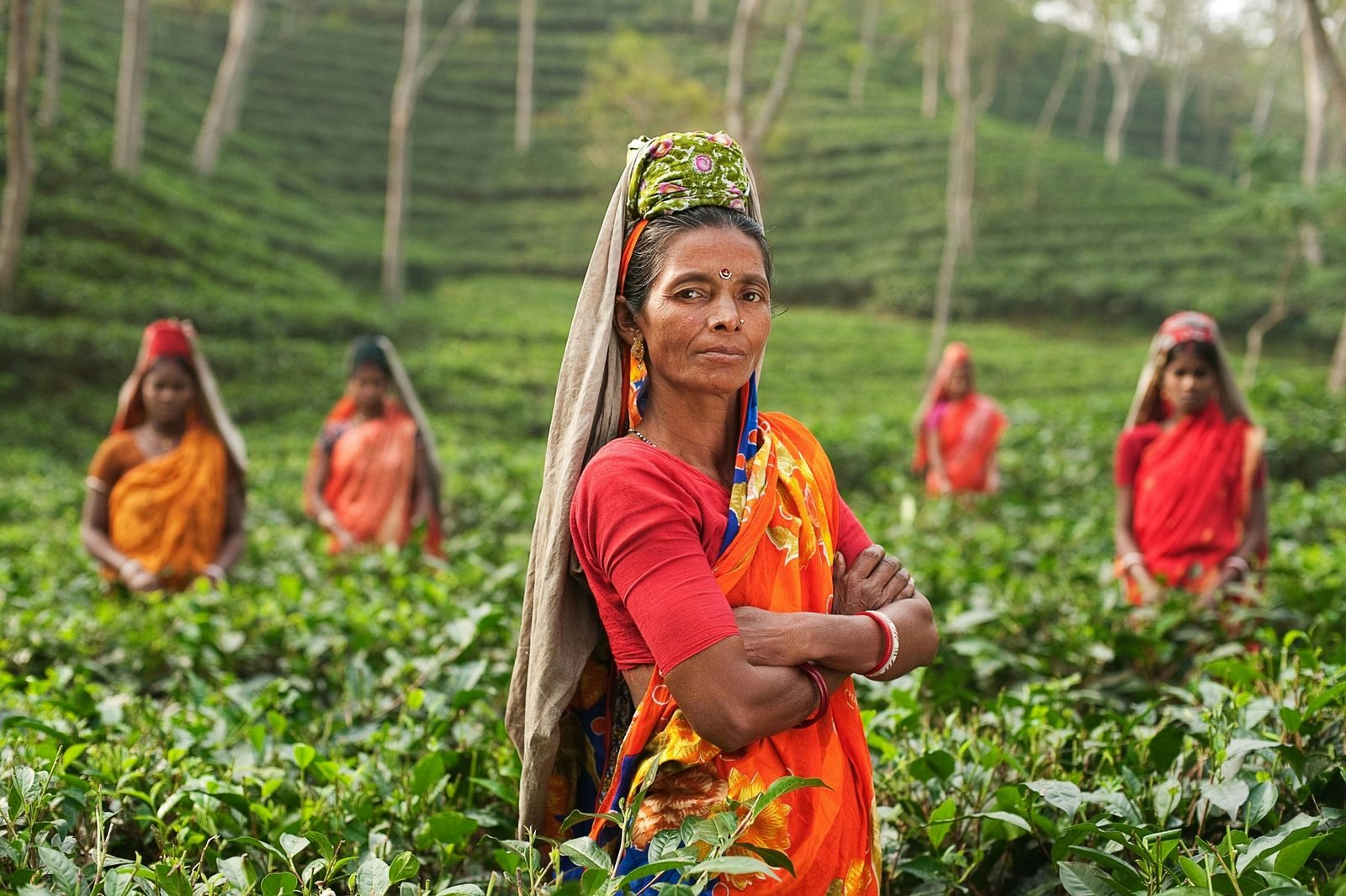
Malaria and Social Inclusion
Building gender equality, disability, and social inclusion into malaria services
Read more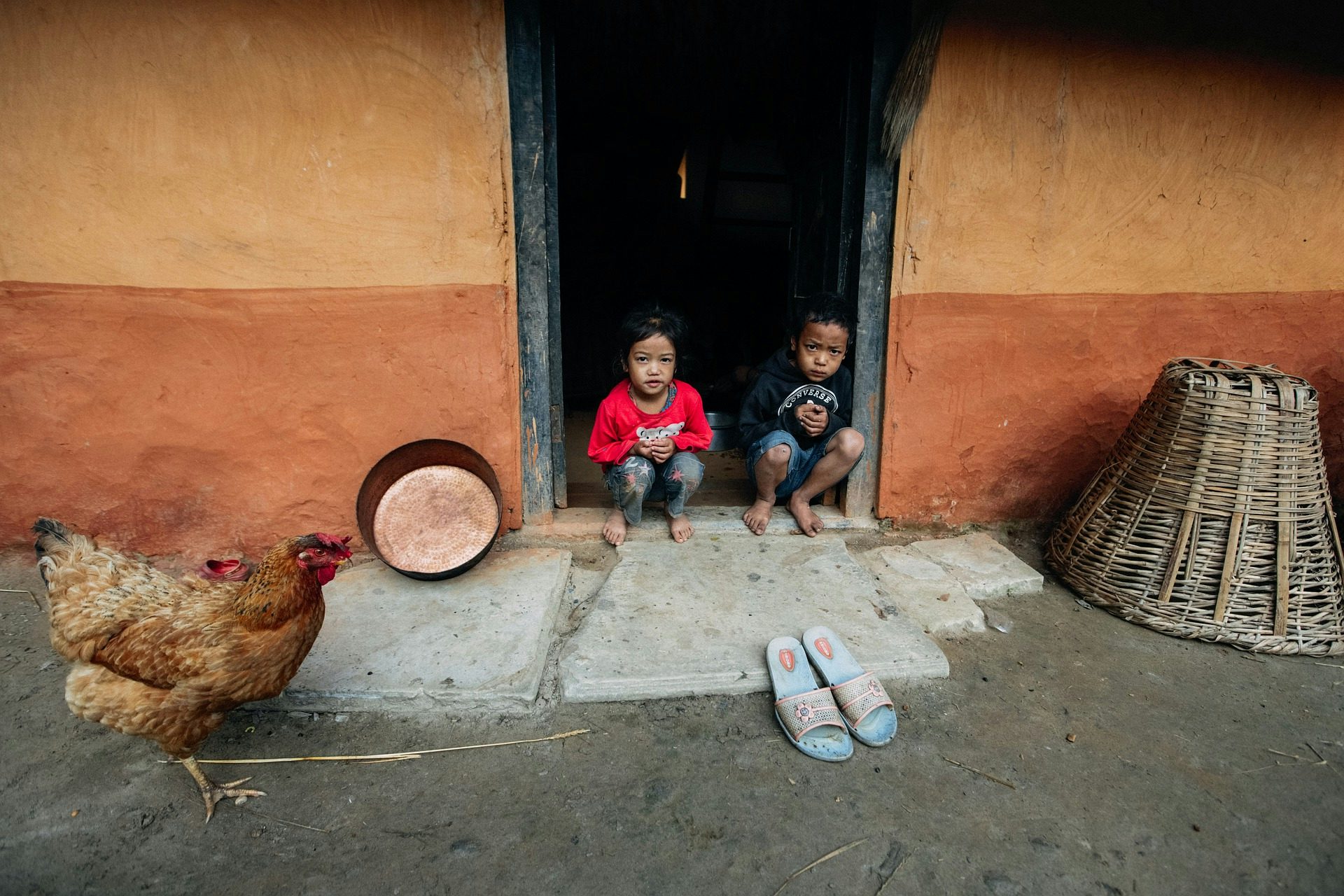
Malaria and Nutrition
Undernourishment compounds the challenges of disease outbreaks
Read more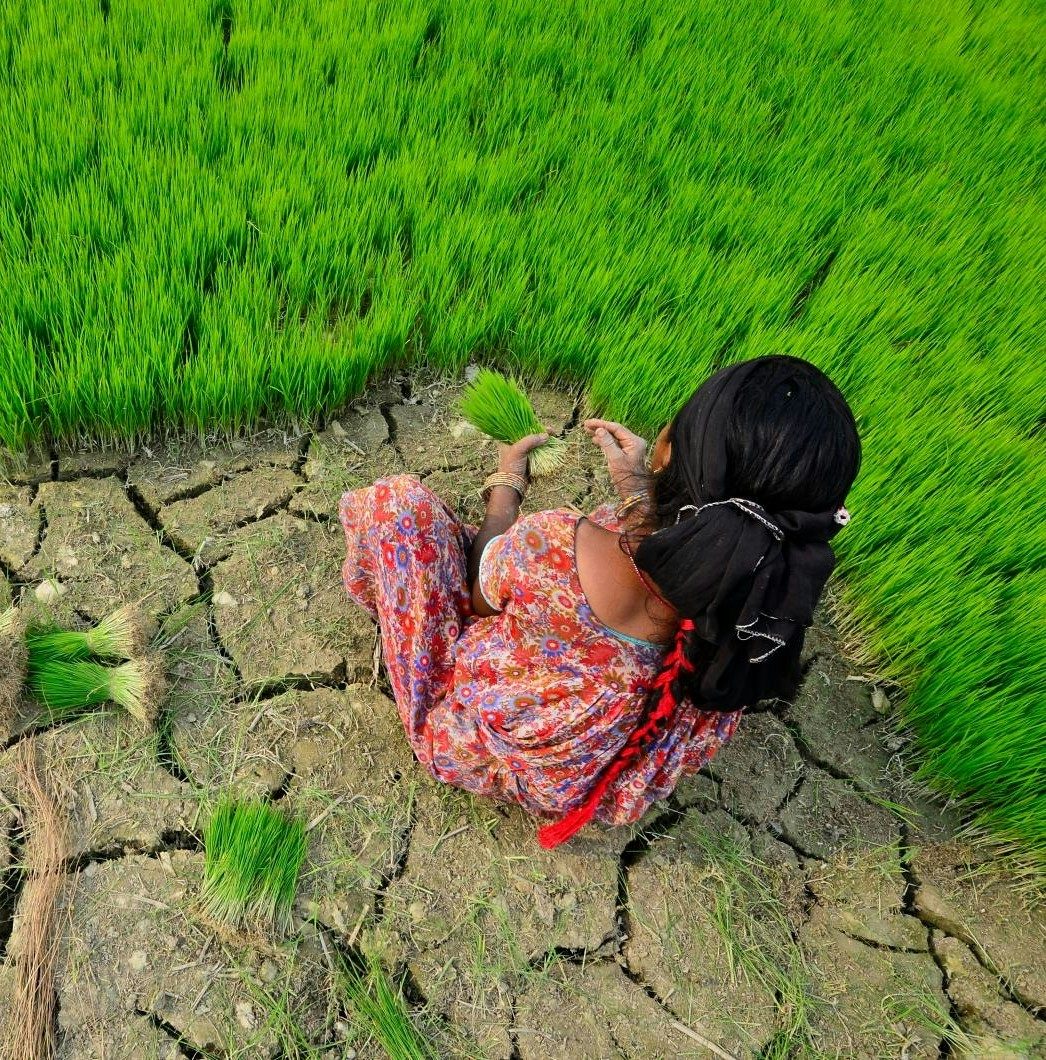
Malaria and Climate Change
Malaria transmission adapting to a new landscape
Read more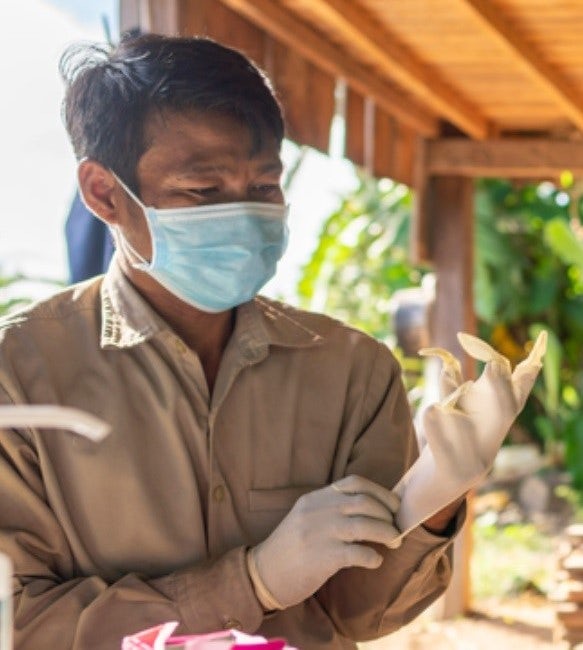
Malaria and Global Health Security
This guide was developed from a review of literature including World Health Organization guidelines and reports, and a collation of national, regional and global best practices. It is meant to offer policy recommendations and resources to malaria programs, ministries of health and other in-country government and non-government agencies as they advocate for greater cross-sectoral policy engagement and develop more integrated and inclusive malaria elimination strategies.
Supporting Partners
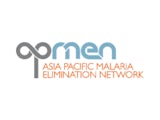
APMEN
The Asia Pacific Malaria Elimination Network (APMEN) is a sustainable, collaborative network for the delivery of technical malaria expertise and uses a brokering approach to connect National Malaria Programs (NMPs) with relevant technical information.
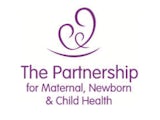
The Partnership for Maternal, New-born and Child Health
Established in 2005, PMNCH is the world’s largest alliance for women’s, children’s and adolescents’ health and well-being, with +1,300 partner organizations working together through 10 constituency groups: partner governments, donors and foundations, NGOs, adolescent and youth groups, private sector organizations, health professional associations, academic and research institutions, global financing mechanisms, inter-governmental organizations, and UN agencies.
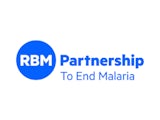
RBM Partnership to End Malaria
The RBM Partnership to End Malaria is the largest global platform for coordinated action towards a world free from malaria. It is comprised of over 500 partners from community health worker groups and researchers developing new tools, to malaria-affected and donor countries, businesses and international organisations.
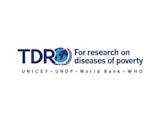
TDR for research on diseases of poverty
TDR, the Special Programme for Research and Training in Tropical Diseases, is a global programme of scientific collaboration that helps facilitate, support and influence efforts to combat diseases of poverty.
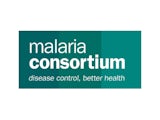
Malaria Consortium
Established in 2003, Malaria Consortium is one of the world’s leading non-profit organisations specialising in the prevention, control and treatment of malaria and other communicable diseases among vulnerable populations.
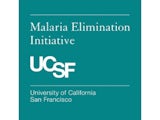
The Malaria Elimination Initiative, University of California San Francisco
Since 2007, the Malaria Elimination Initiative (MEI) has been working alongside malaria endemic countries and partners to advance malaria policy and practice.
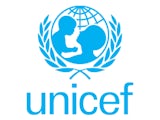
UNICEF
UNICEF works in over 190 countries and territories to save children's lives, to defend their rights, and to help them fulfil their potential, from early childhood through adolescence. And we never give up.


